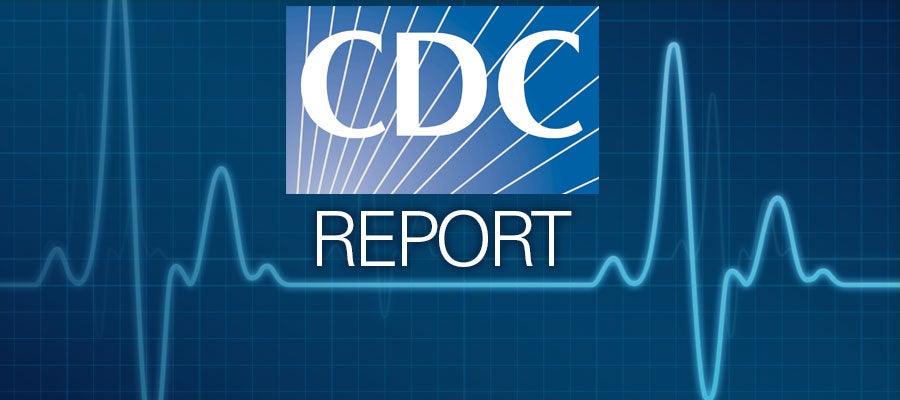
Children and adolescents in Mississippi who tested positive for the SARS-CoV-2 virus were more likely to report close contact with someone with confirmed COVID-19 and less likely to report consistent mask use at school, according to a study released by the Centers for Disease Control and Prevention.







